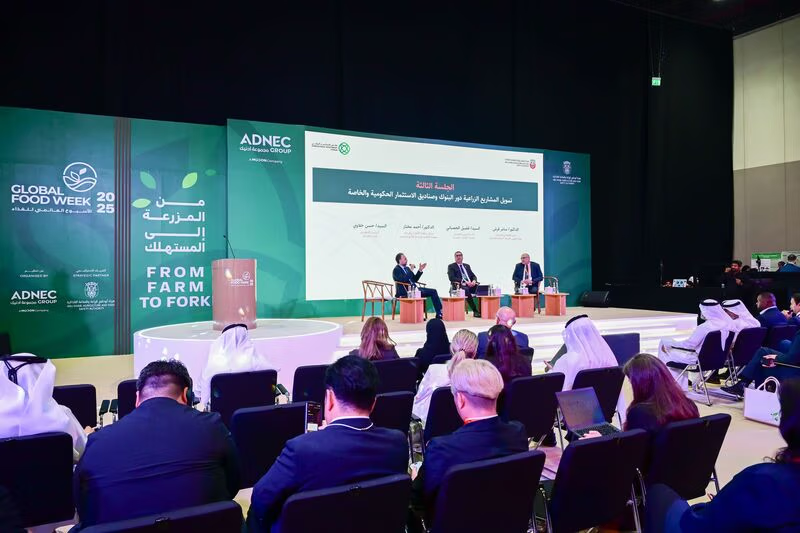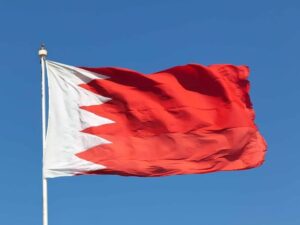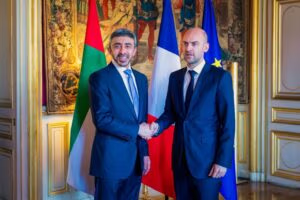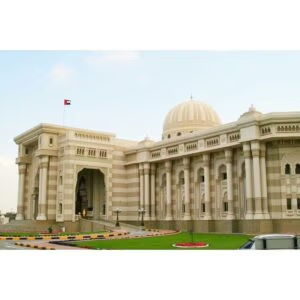As part of the second edition of Global Food Week, the Abu Dhabi Agriculture and Food Safety Authority (ADAFSA), in collaboration with ADNEC Group, organised the first-ever Agricultural Investment Forum under the theme “Towards Food Security and Sustainable Growth” at the ADNEC Centre Abu Dhabi.
The forum’s organisation aligns with the Abu Dhabi Government’s efforts to promote sustainable development, strengthen the food security framework, and foster an attractive environment for agricultural investment — all of which contribute to bolstering the national economy and achieving food self-sufficiency.
In his speech at the opening of the forum, Dr Tariq Ahmed Al Ameri, Acting Director General of the Abu Dhabi Agriculture and Food Safety Authority, affirmed that the forum represents a strategic platform for exchanging expertise, showcasing best practices, and exploring future opportunities in the agricultural sector. He noted that Abu Dhabi has placed significant importance on developing the food security system, recognising the vital role this sector plays in achieving economic and social sustainability.
Al Ameri added: “In recent years, we have witnessed a remarkable leap in agricultural investments, including the adoption of innovative projects such as smart farming, hydroponics, and food production using the latest global technologies, alongside the expansion of leading Emirati companies abroad.”
He explained that ADAFSA follows an integrated strategy to strengthen international trade prospects, attract foreign investment, and boost local production. He also highlighted the Authority’s support for agricultural companies investing in promising global markets and its commitment to advancing sustainable farming initiatives within the UAE.
During the event, Al Ameri announced the launch of the latest Abu Dhabi Agricultural Investment Guide, which presents over 30 diverse investment opportunities aimed at driving sustainable development in the agricultural sector. The guide focuses on key areas such as modern agricultural technologies that enhance productivity and crop quality, food manufacturing that adds value and supports export chains, logistics and supply chain services to ensure steady food availability, and research and development in sustainable agriculture and biotechnology to promote innovation and tackle environmental challenges.
Additionally, the guide outlines 145 investment activities permitted across Abu Dhabi’s farms, reflecting the breadth of opportunities available for both local and international investors.
The first Agricultural Investment Forum featured four main sessions addressing strategic topics shaping the future of Abu Dhabi’s agricultural industry. Discussions covered policy, innovation, financing, and practical experiences. The opening session provided a comprehensive overview of the emirate’s agricultural investment landscape, with participants reviewing available opportunities, supportive legislation, and government incentives designed to attract investors and enhance competitiveness. Mansoor Al Marar, Vice President of Industrial Business Development at KEZAD Group, delivered a presentation on promising investment prospects in Abu Dhabi.
The second session focused on innovation and modern technologies in sustainable agriculture, highlighting digital farming, artificial intelligence, and precision agriculture as key tools for boosting efficiency and achieving environmental sustainability. Mohamad Rabih El Chaar, Managing Partner at Smarkk, showcased the latest technological applications in this field.
The third session explored agricultural project financing, examining the role of banks and both public and private investment funds in supporting the sector through innovative financial solutions. Shaker Farid Abdulrahman Zeinel, Chief Business Officer and Deputy CEO of Emirates Development Bank, discussed financing mechanisms, related challenges, and the importance of flexible funding tools to empower agricultural entrepreneurs.
The final session spotlighted successful local and international case studies in agricultural investment. Fadel Nasser Al Saeedi and Abdulrahman Rashid Al Shamsi from the Abu Dhabi Agricultural Club shared inspiring stories that demonstrated the sector’s potential for growth and innovation, underscoring the importance of public-private partnerships in achieving food security and sustainable progress.
A roundtable discussion titled “Turning Waste into Wealth” was also held, exploring investment opportunities in technologies that divert agri-food waste from landfills. Key participants included Mohamed Rabie Al Shaar, Kholoud Al Nuaimi from Emirates Foundation, Alevizos Theofilos from Agthia, and Dr. Afkar Qasem from ADAFSA.
Organisers aim to establish the forum as an annual platform for agricultural stakeholders, strengthening Abu Dhabi’s competitiveness and positioning the emirate as a global hub for agricultural investment, in line with the nation’s vision for a sustainable and secure food future.
The event witnessed strong participation from government and private sector representatives, investors, entrepreneurs, and policymakers, providing a strategic venue for exchanging expertise, sharing best practices, and exploring future opportunities in agriculture — further cementing Abu Dhabi’s status as an international centre for agricultural innovation and investment.
The forum concluded with an awards ceremony hosted by ADAFSA to honour outstanding entities and projects that have significantly contributed to the advancement of the agricultural sector and the development of the national food security system.
(Inputs from WAM)





